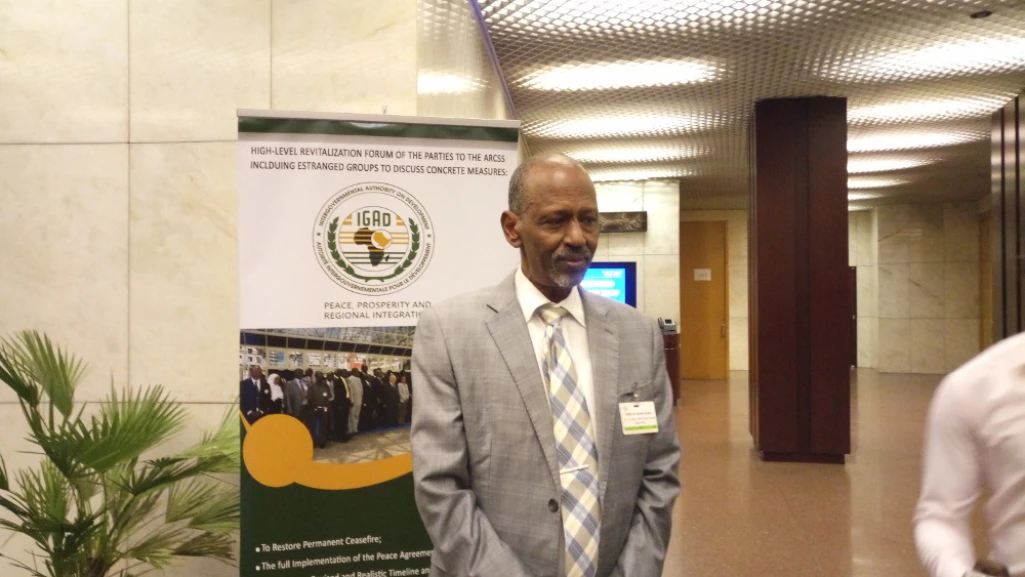
A strong commitment to political will in South Sudan could align its
judicial system with that of Kenya, according to the IGAD Special Envoy for
South Sudan.
The Kenyan judicial system is integral to the country's governance,
upholding the rule of law, protecting individual rights, and ensuring justice
through its Supreme Court, Court of Appeal, High Court, and subordinate courts.
Ambassador Dr. Ismail Wais, the IGAD Special Envoy for South Sudan, made
these remarks during the closing of the Judiciary Reform Committee's validation
work on Friday in Juba. He urged for the implementation of the recommendations
from the Judicial Reform Committee report.
On July 28, 2022, the South Sudanese government established the ad hoc
Judicial Reform Committee (JRC), tasked with reviewing pertinent laws, advising
on judicial reforms, and restructuring the judiciary to enhance efficiency.
“I urge you to implement the recommendations from the Judiciary Reform
Committee. The effort the JRC has invested over the last two years will be in
vain if not enacted. With political will, it won't be long before the South
Sudanese judiciary aligns with that of Kenya,” said Dr. Wais.
He challenged government officials, members of the judiciary, civil society,
and partners to ensure the judiciary reform process succeeds, becoming a
cornerstone for transitioning South Sudan into a stable democratic country.
“The rule of law is paramount. It’s no secret that South Sudan is a product of
decades of struggle,” he added.
Dr. Ismail emphasized that the judiciary is not merely one arm of the state
but a pillar of democracy essential for sustaining peace, making judicial
reform crucial.
Ruben Madol Arol, the Minister for Justice & Constitutional Affairs,
stated, “The rule of law is central to the ministry's mission. The reform of
the judiciary is vital to the entire justice sector in South Sudan.”
The JRC, established under Article 1.17 of the Revitalized Agreement on the
Resolution of the Conflict in the Republic of South Sudan (R-ARCSS), consists
of ten national members representing the parties to the R-ARCSS, along with two
regional members (the Chair and Deputy Chair).
Hearings with key stakeholders and public consultations addressed major
themes, including the structure of the judiciary, laws regulating the judiciary
(including customary laws), judicial welfare, the Judicial Service Commission,
judicial capacity building, infrastructure, the establishment of an independent
Constitutional Court, and Alternative Dispute Resolution (ADR) mechanisms.
Key findings revealed strong public support for judicial reform, the need to
restore public confidence in the judiciary (including robust ADR), and
interference in judicial independence by some executive members. There was also
support for an independent, impartial, and credible Constitutional Court,
alongside concerns regarding the low number of judges at all court levels,
under-representation of women in the judiciary, and the need for continuous
judicial training.
Additional challenges included enhancing the roles of police and prison
services in the justice delivery system, poor working conditions, lack of
housing, health insurance, transportation, case backlog, and inadequate
physical infrastructure and facilities.
With impending elections scheduled for December 2026, establishing
mechanisms for resolving electoral disputes before, during, and after the
elections is crucial.